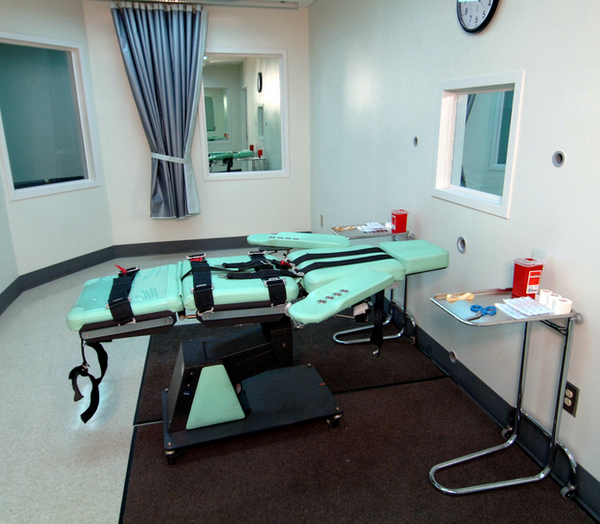L’EuroHRN entreprend une étude sur les salles de consommation de drogues. Impliquez-vous!
Le but de cette étude est d'obtenir un aperçu des différents concepts, méthodes de travail, aspects organisationnels et expériences des clients dans les salles de consommation à moindres risques en Europe.
Pour en savoir plus, veuillez lire les informations ci-dessous (en anglais).
Abonnez-vous à l'Alerte mensuelle de l'IDPC pour recevoir des informations relatives à la politique des drogues.
On behalf The European Harm Reduction Network, Foundation Rainbow Group (FRG) in Amsterdam is conducting an overview study on drug consumption rooms (DCRs) in Europe.
The aim of this inventory is to get an overview of different concepts, working methods, organisational aspects and client experiences of European DCRs, to enable comparisons and professional inspiration on a transnational scale. To achieve this goal, FRG - in collaboration with Lancaster University and Akzept e.V. – is conducting evaluations and developing survey tools for further study.
Since 1986, more than 90 DCRs have been set up in Switzerland, the Netherlands, Germany, Spain, Luxembourg, Norway and Denmark. Moreover, France is preparing their first DCR.
Outside Europe, Australia and Canada have one DCR each. Both facilities have published a significant amount of evaluations in English. In Europe some publications can be found on DCRs, but inventories on a European level are limited to basic overviews. This makes it necessary to gain a better understanding of DCR values, challenges and international differences and commonalities.
Currently two surveys are being conducted, namely: a client survey among DCR visitors in Amsterdam and Rotterdam (The Netherlands) and a facility survey for DCR managers.
116 client interviews have been completed and will be analysed and reported before May 2014, when they will be presented at the European Harm Reduction Conference in Basel. This survey focused on two major aspects: individual Quality of Life (QoL) and DCR experience. Regarding the latter, clients were for instance asked about their general satisfaction and to what extent the DCR has contributed to changed drug use behaviour, knowledge on drug use related matters (e.g. overdose) and access to services.
Concerning the inventory among DCR managers basic data has been collected on the different facilities in and outside Europe in order to write up a renewed general overview. Additionally, in October 2013, an online survey will be distributed among all facility managers outside the Netherlands (N= 51). In the Netherlands, the Trimbos Institute in 2002 and 2010, already collected data on Dutch facilities (N=30) in 2002 and 2010. With the cooperation of DCR managers it shall result in ample opportunity to compare DCR services, goals, approaches and good practices.
Besides, it could give basic insight into the essentials for developing DCRs.
Developed for this study and for future evaluations three survey tools have resulted, which will be made available for other interested organisations in 2014:
* The client survey on quality of life (QoL) and DCR experience.
* The online DCR manager survey on facilities and organizational aspects of the DCR. This will be made available through Lime survey.
* A staff survey, which may be used as a basic evaluation tool on the DCR staff views.
Please contact Sara Woods
(swoods@correlation-net.org<mailto:swoods@correlation-net.org>) if you have any questions on this overview study or wish to receive one of the survey tools once it is ready to go public.
Thumbnail: Wikimedia Commons
Keep up-to-date with drug policy developments by subscribing to the IDPC Monthly Alert.
Régions
Profils associés
- European Harm Reduction Network (EuroHRN)
